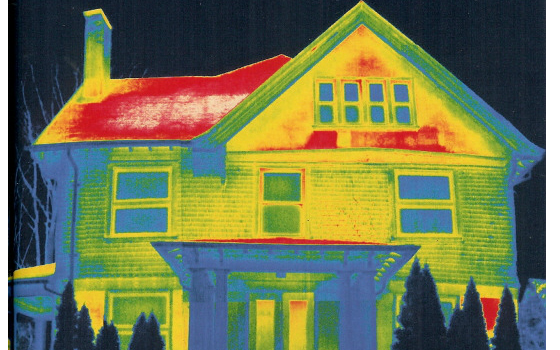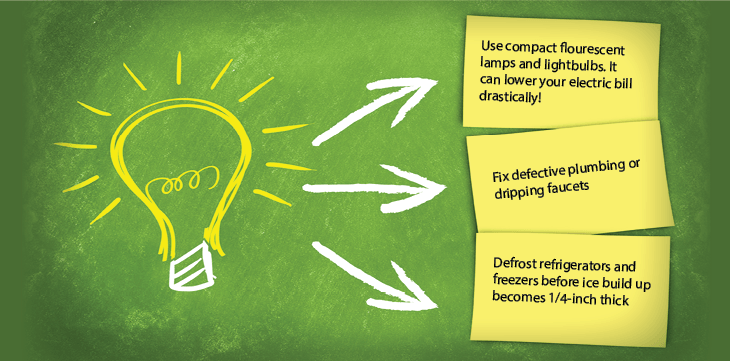My House is cold in the winter and hot in the summer
Comfort for Both Summer & Winter with Insulation. Air sealing and adding insulation throughout (especially in the walls, attic, and basement or crawl space), will stop heat transfer from turning your home into an uncomfortable space. However, comfort won’t be the only benefit you’ll notice
My house is hot upstairs and cold downstairs – Winter
My house is hot upstairs and cold downstairs – Winter – If you live in Manhattan • Brooklyn • Queens • Bronx • Staten Island or surroundings areas of New Jersey, Spray Foam Insulation NYC we can help you to fix your winter problems
I think we would all agree that we all deserve to live in a house that is warm and comfortable. Unfortunately many of us live in houses with rooms that are very warm while others are very cold, especially in old houses where the upstairs can be more than 10° warmer than the first floor.
Why?
Warm air is leaking out. All the gaps, cracks and voids combined are the equivalent of leaving a window open all day every day. The average house leaks enough air in one day to fill the Goodyear blimp. And that’s over 200,000 cubic feet of air that you paid to heat, gone.
How bad is it?
You can dramatically improve the comfort if your home if you understand where to air seal and insulate. Think of your home as a chimney that has doors, windows and a roof. During the winter as your heater pumps warm air into your house it rises as it does in a chimney. Unfortunately many houses, especially old houses, have lots of gaps and cracks, and framing voids that’ll allow that warm air to continually run up and out of the house. In extreme cases so much of the warm air runs out of the home that the heaters can’t keep up. The US Department of Energy’s average for natural infiltration (the amount of air leaking out of a home) rate Is 54%. That means more than half of the expensive heated air in your home leaks out every hour and is replaced with cold dry air. Older homes are even leakier, commonly at 80% infiltration.
What is the solution?
The solution is to block that warm, expensive, heated air from leaving the house. The best and the most cost effective way is to install spray foam insulation to fill the gaps, cracks and voids in the attic. It’s like putting a continues air sealing cap on the top of the house. Applying foam insulation will give you both insulating value and air sealing as opposed to installing fiberglass insulation which ads no air sealing. Spray Foam Insulation in the attic will reduce the infiltration and accomplish these three benefits:
1. Comfort – Warm air is staying in the house creating a comfortable indoor environment without hot and cold spots.
2. Lower Heating Cost – spray foam insulation will lower the amount of heat required (because heated air is not leaking out of the house) to warm the house, reducing energy bills.
3. Cleaner Indoor Air – Since the amount of air leaving the house is reduced so is the distribution of dust.
My house is really hot in summer and really cold in winter, what should I do?
There are a few things you can do to help regulate the temperature in your house during the summer and winter. During the summer, you can:
- Close curtains or blinds during the day to keep the sun from heating up your house
- Use fans to circulate air and keep you cool
- Plant trees or install shading devices to block the sun’s rays
- Make sure your air conditioner is working properly and is the right size for your house
- Seal any cracks or gaps in your walls, windows, or doors to prevent hot air from enteringDuring the winter, you can:
- Insulate your attic and walls to keep warm air inside
- Seal any cracks or gaps in your walls, windows, or doors to prevent cold air from entering
- Use draft stoppers to block drafts
- Make sure your furnace or heating system is working properly and is the right size for your house
- Use a humidifier to add moisture to the air, which can make it feel warmer you’re still having trouble regulating the temperature in your house, you may want to consider a home energy audit. This can identify any areas where your house is losing energy, and provide you with recommendations for making it more energy efficient.





